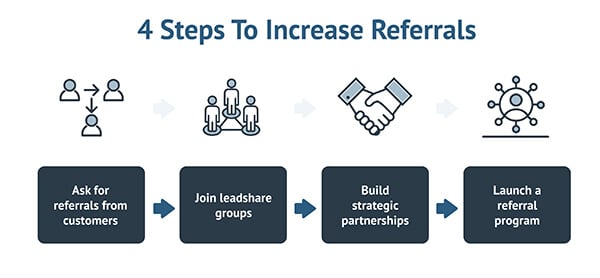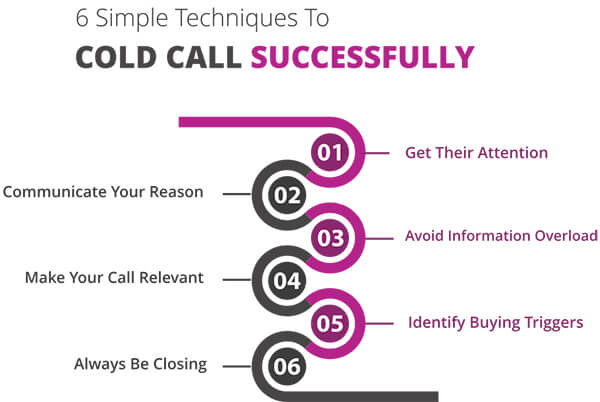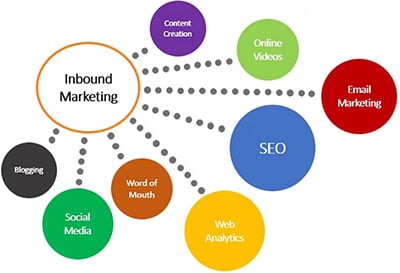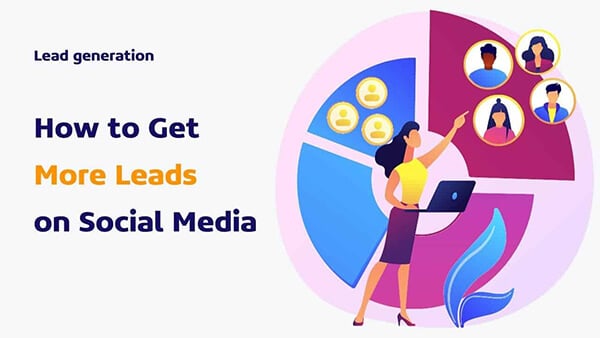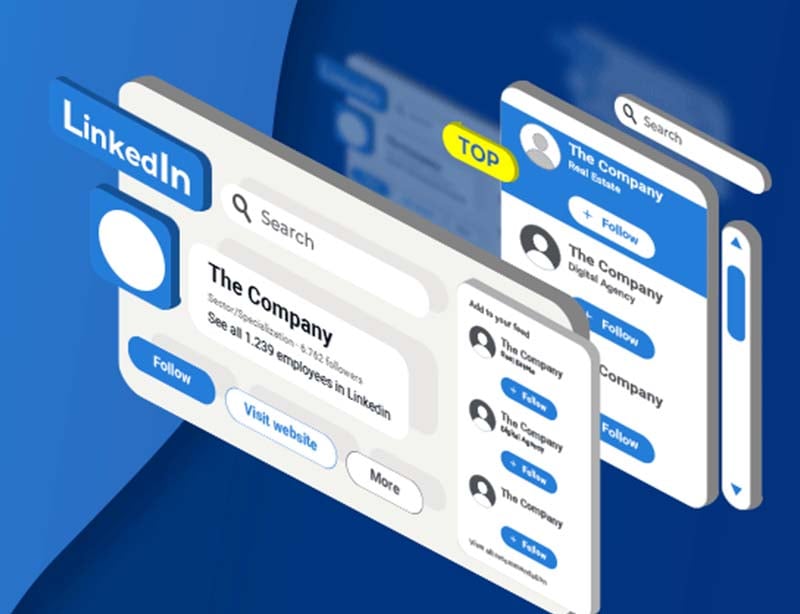Sales Leads 101: Everything You Need to Know
Do you want to know everything you need to know about sales leads? If so, you’re in the right place! Sales leads are essential for businesses looking to increase their customer base and ultimately their profits. In this blog post, we’ll go over what a sales lead is, different types of sales leads, and how to find them online. So let’s get started with Sales Leads 101!
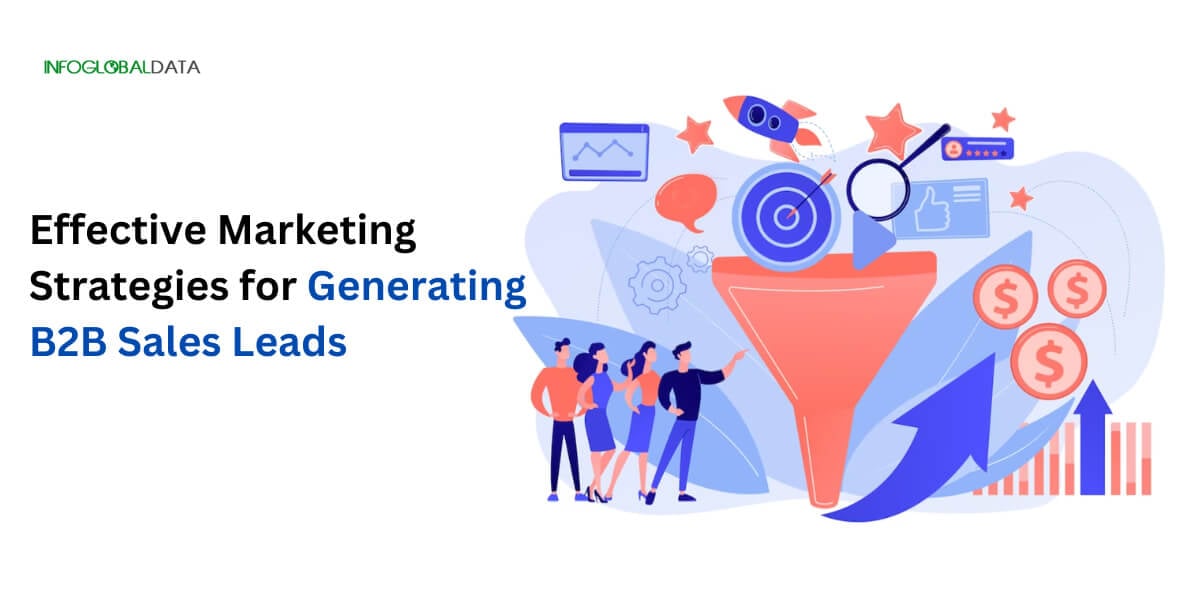
What is a Sales Lead?
A sales lead is a potential customer who has expressed interest in your product or service. It is the first step in the sales process, as the lead has identified themselves as having an interest in what you offer.
Sales leads are typically generated from marketing activities such as advertising, email campaigns, webinars, and other promotional efforts. The goal of marketing is to reach out to people who may have an interest in what you have to offer and encourage them to take action. If a potential customer expresses interest, they become a sales lead that can then be followed up on with further communication and potentially converted into a sale.
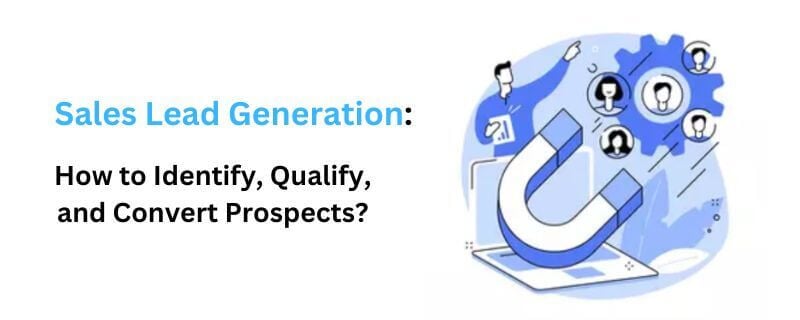
Sales leads are important for any business that wants to increase their sales. A well-managed sales lead database can help you identify potential customers and keep track of their interests and actions. This information can then be used to nurture leads until they are ready to become paying customers.


